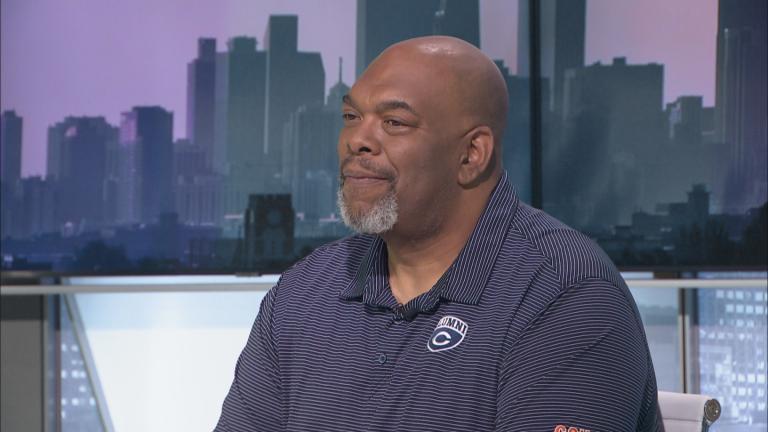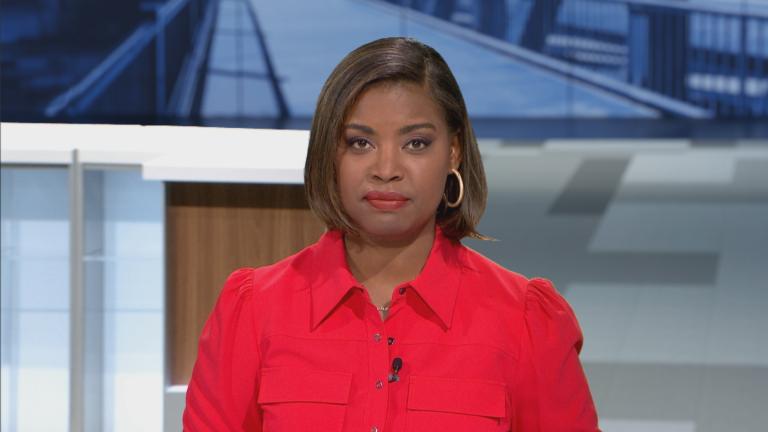Louisiana State University women’s college basketball star Angel Reese has been in the center of reignited conversations about double standards Black women face in sports, in light of the final moments of LSU’s national championship game against the University of Iowa.
Reese, who is Black, was met with backlash for making taunting gestures directed at Iowa’s Caitlin Clark. One of them included the “You Can't See Me” gesture, despite Clark, who is White, having done the same move in a previous game.
“Black women are not given the same freedom of expression,” said Subria Whitaker, a sports consultant and founder of the nonprofit Grow the Game, which aims to increase engagement and involvement in women’s sports. “I don’t know what they are allowed to do other than just play the game, and even then, they’re held to such a higher standard.”
“People were acting like they had never seen a sporting event in their life, and it was back to the same old tropes,” said Brandon Pope, anchor and reporter at CW26 Chicago and president of the National Association of Black Journalists Chicago chapter.
“It was two competitors competing,” said Andrea Williams, head coach of the women’s basketball team at Chicago State University. “You also were able to see how they grew from it and their great responses to the adults making some different reactions, especially on Twitter.”
LSU won the women’s college basketball national championship against Iowa 102-85. The game was the most-viewed NCAA women’s basketball final on record.








